I am interested in understanding how my mind and my body work, and how I can optimise my health, so that I feel my best emotionally and physically. It feels good to feel good, and I’ve always been curious about how to hack this state through the choices I make everyday.
In this pursuit, stress has been one of my main obstacles. As my ambition grew through my teenage years and I set myself big goals, and life in general felt like it was growing in intensity, so did my stress levels. And I found it really difficult to know how to control it. More often than not, it felt like stress was controlling me. And, as a slight control freak, it really did not make me feel good. Both emotionally, and physically.
Although I was unaware of the cause at first, my menstrual health had become affected by the stress levels that my body was experiencing on a regular basis. While I had a good understanding of how to care for my physical health, it was not so clear to me how to manage my emotional wellbeing in a stress-inducing lifestyle. I ended up losing my menstrual cycle for two years, and honestly speaking, sixteen year old self was relieved to have a vacation from periods. But, as a year passed, and then two years passed, I became unsettled by the idea that maybe it wasn’t me taking a break on menstruation, but my menstrual cycle taking a break from me – my body giving me a sign that I was not providing it the environment it needs to function properly.
While there is immense value in striving after big goals that excite us, and stress itself can act as beneficial motivator, it is important to check that our bodies are with us along the way. If they aren’t, soon enough, we won’t be either.
My personal experiences with menstruation taught me the importance of prioritising both my physical as well as my emotional wellbeing – and the extent to which our emotional states can affect our physical health. Since my supervisor is in the area of Women’s Health, I took it as an opportunity to investigate how stress at a young age influences the menstrual experiences that girls and women have in both the short and long run. It was empowering for me personally to better understand how my psychological state might influence my menstrual health, and by contributing to research in women’s health, potentially help other females to understand and better take care of their bodies too.
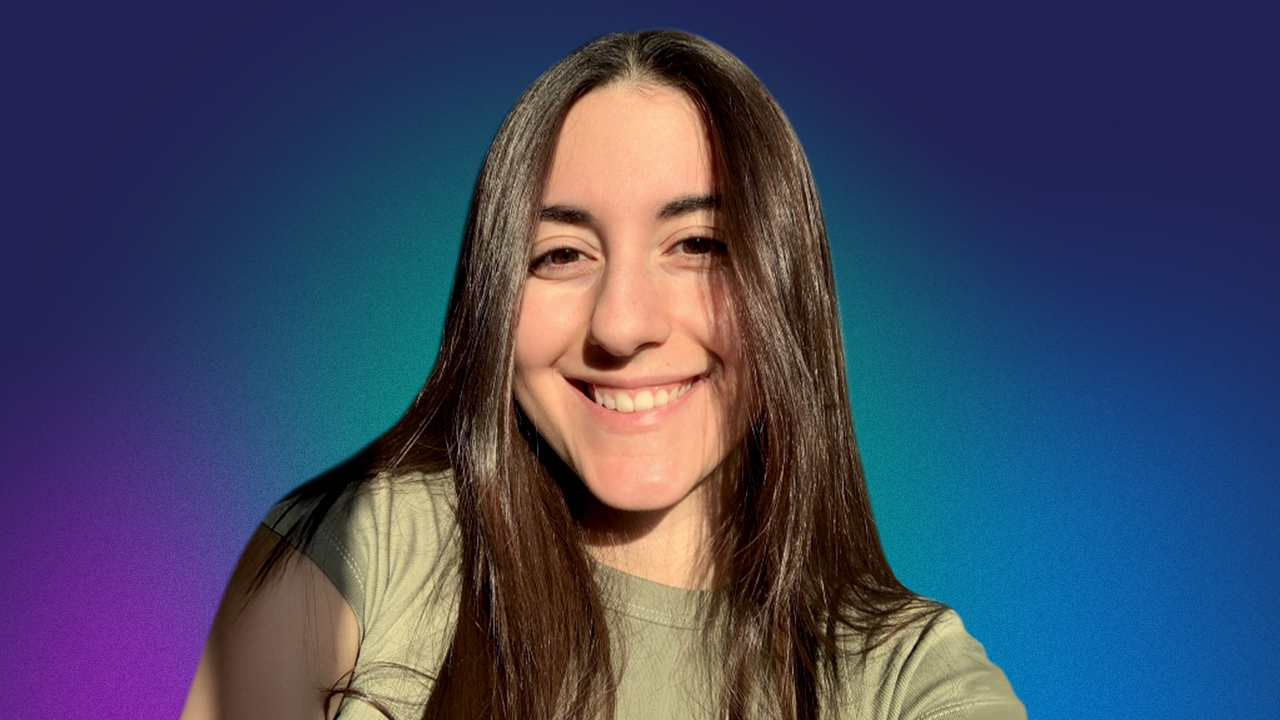
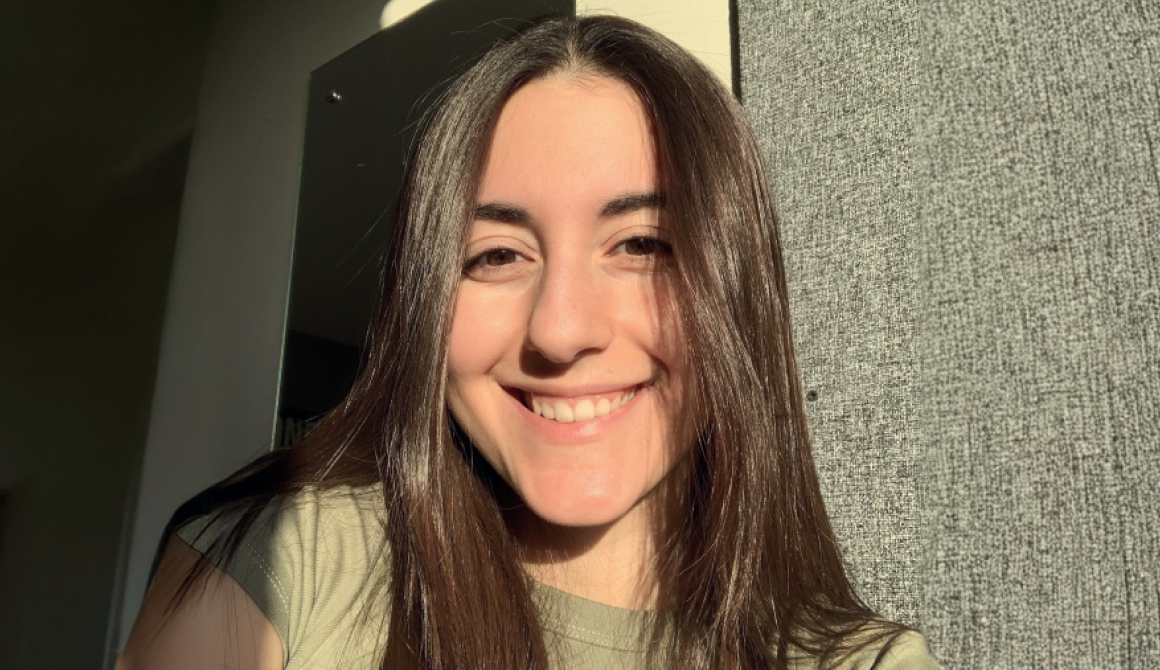
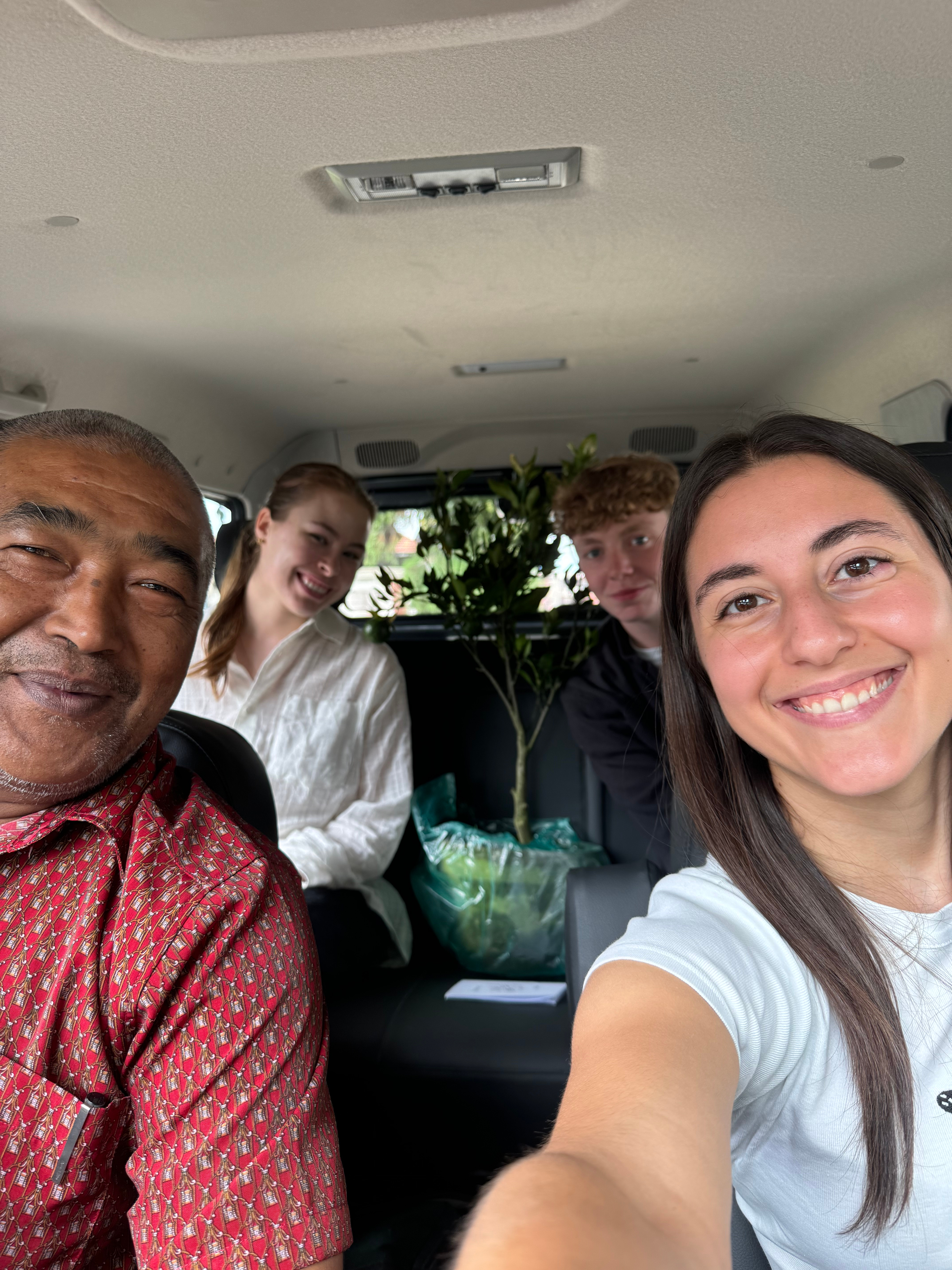
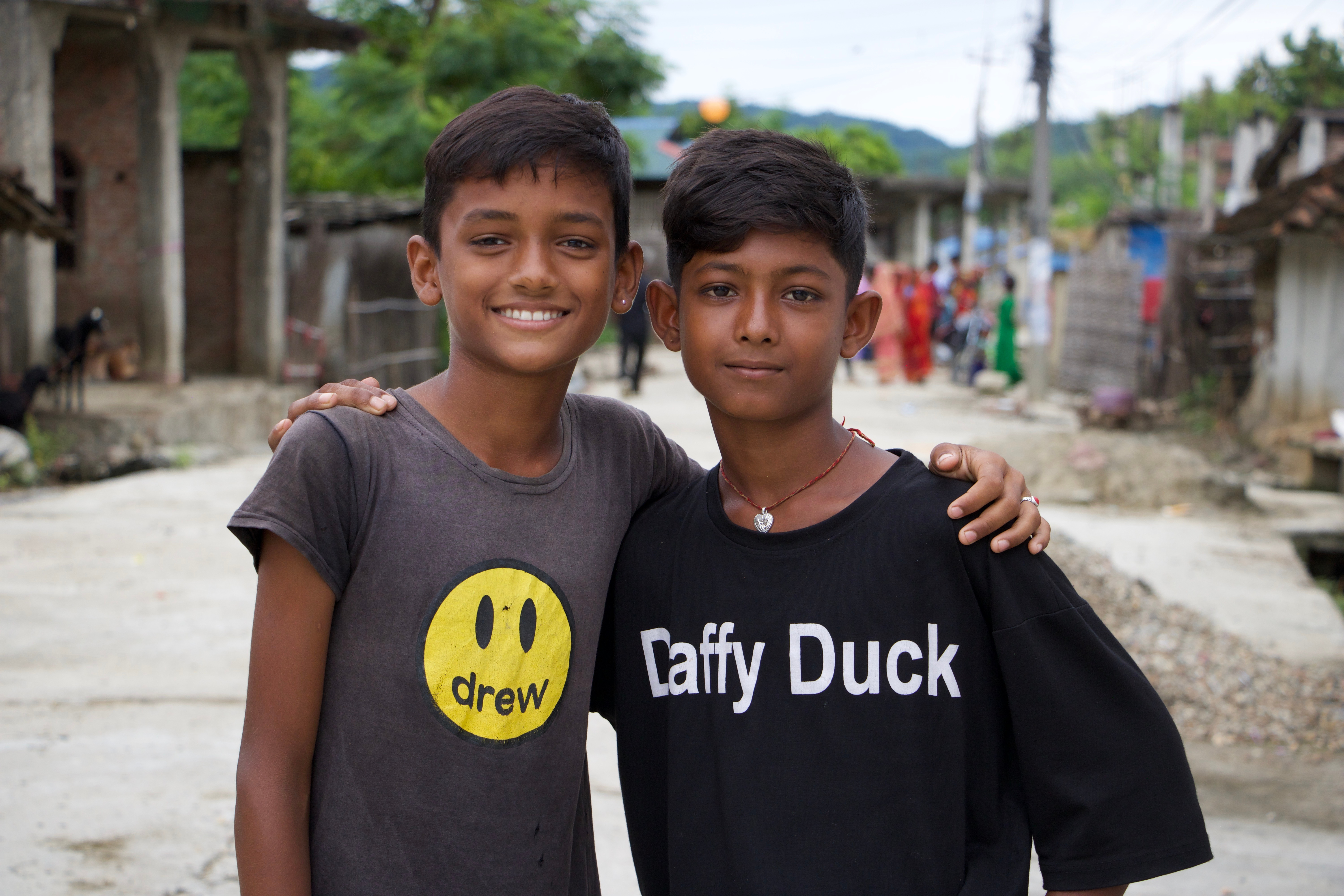
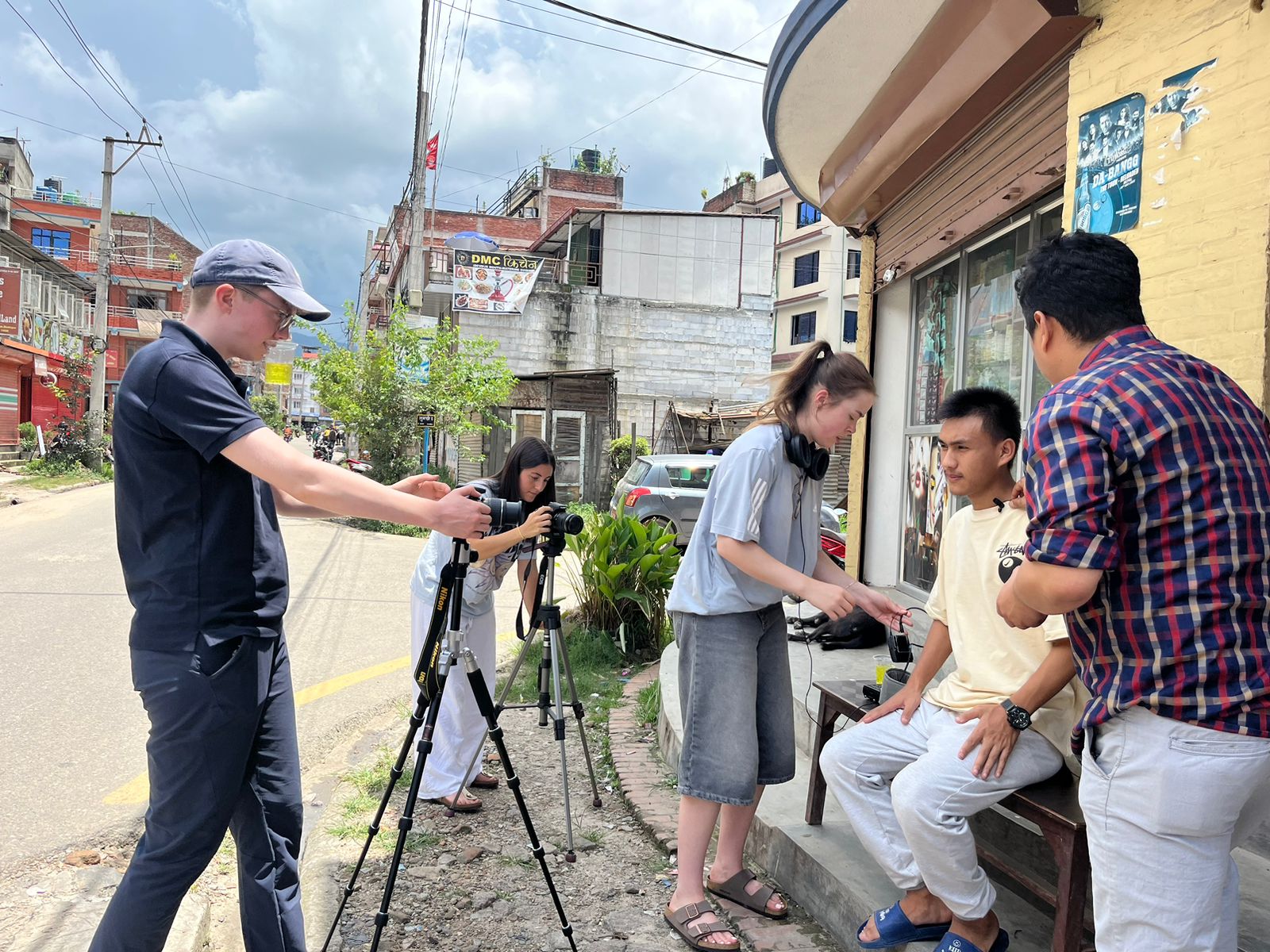
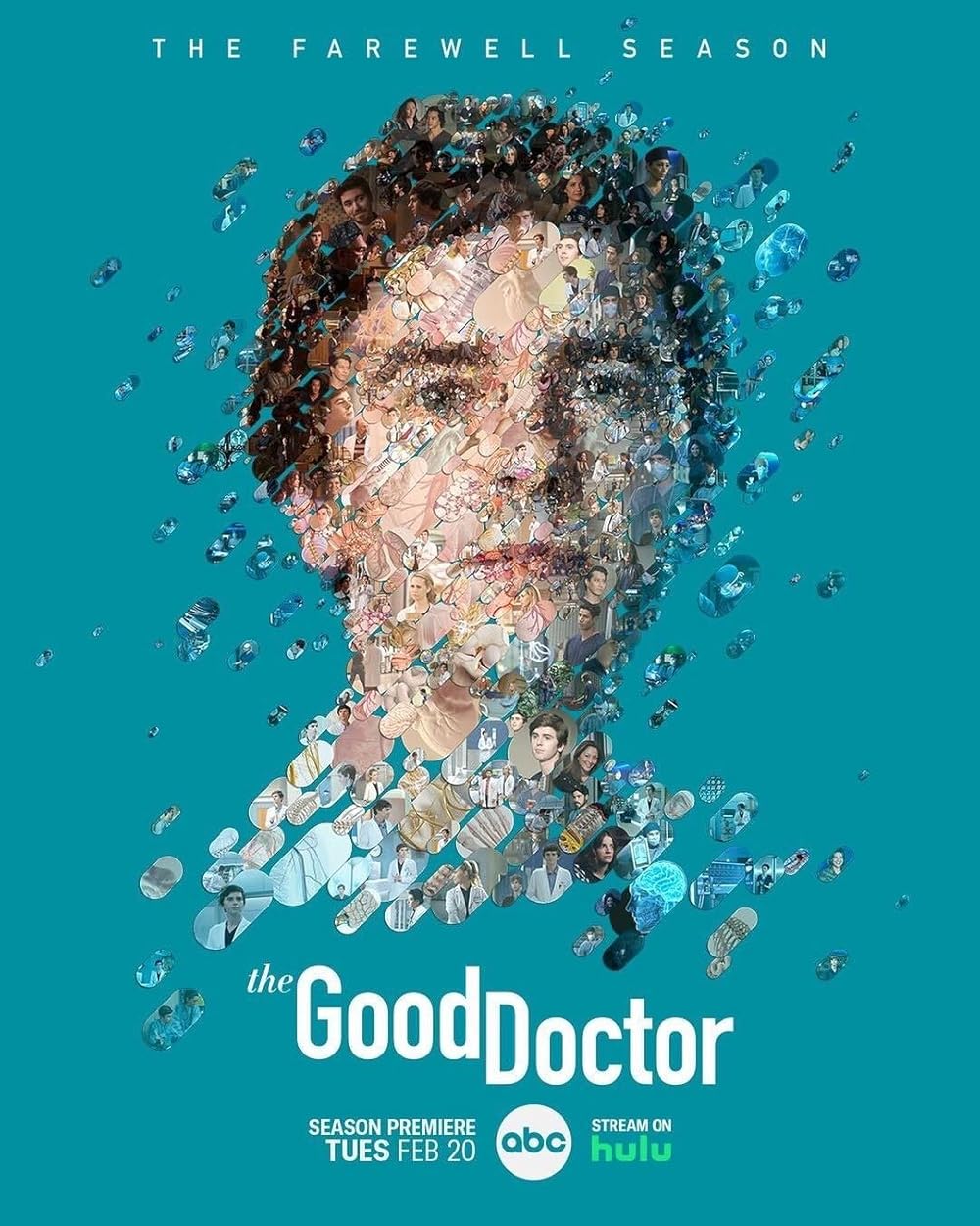
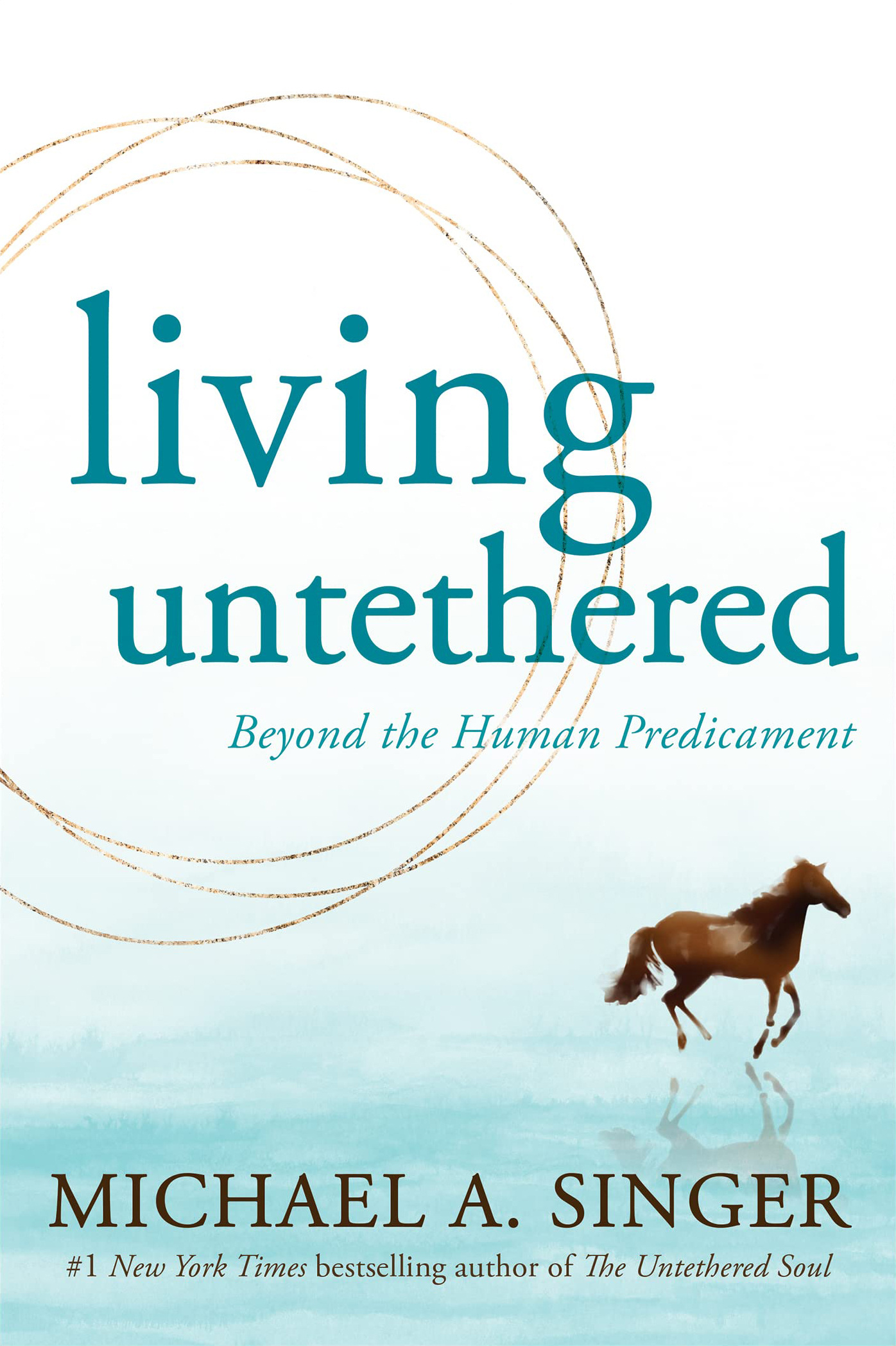
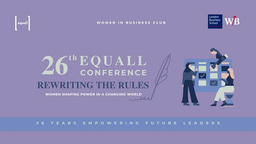



Please sign in
If you are a registered user on Laidlaw Scholars Network, please sign in